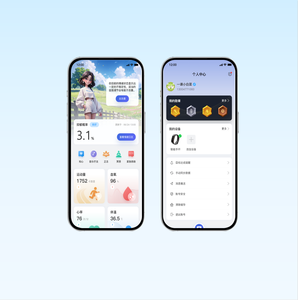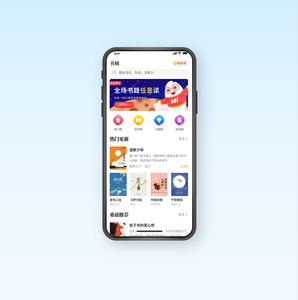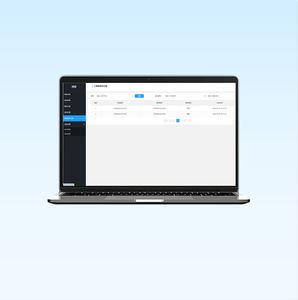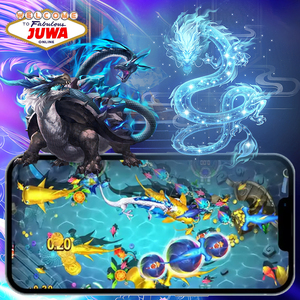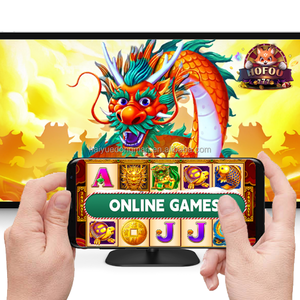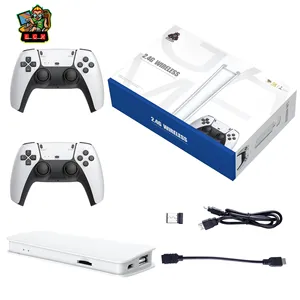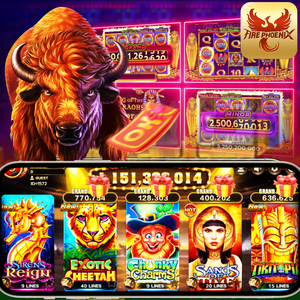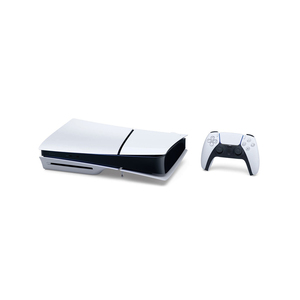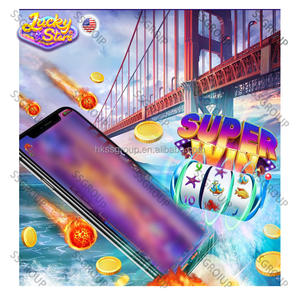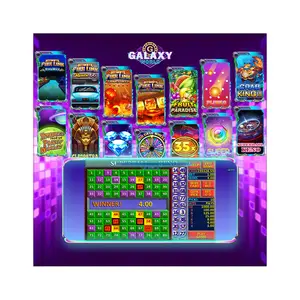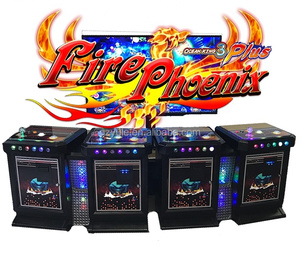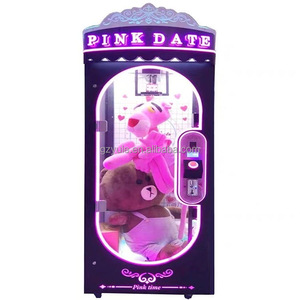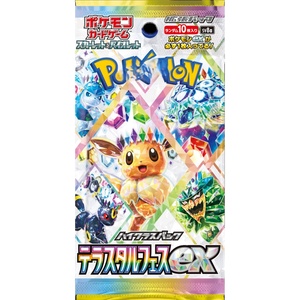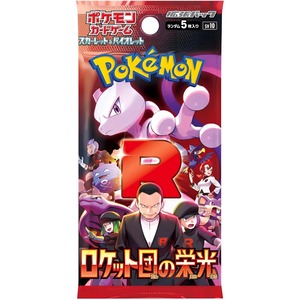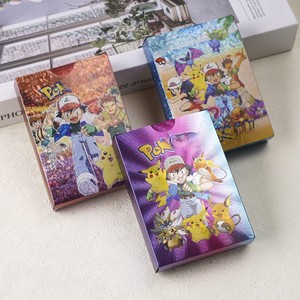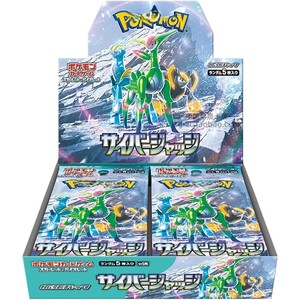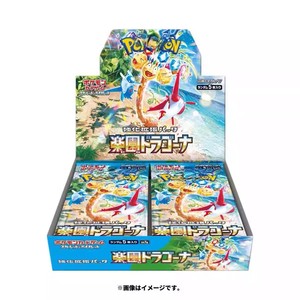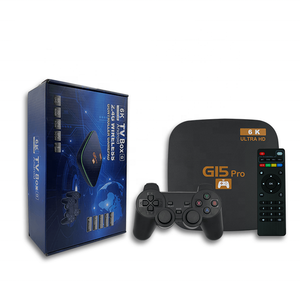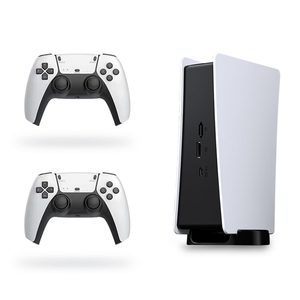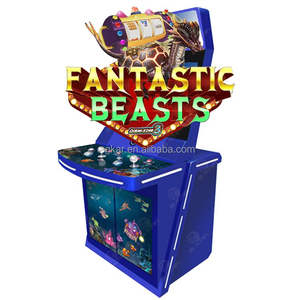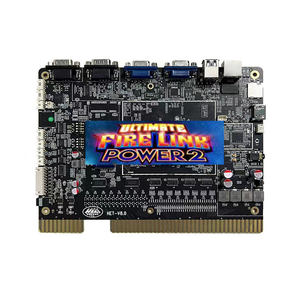Java Games

 CN
CN




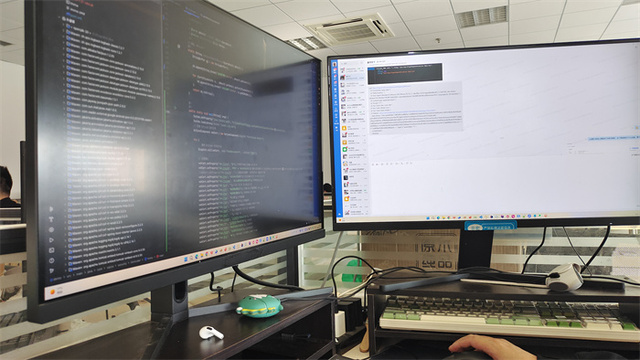

 1/6
1/6


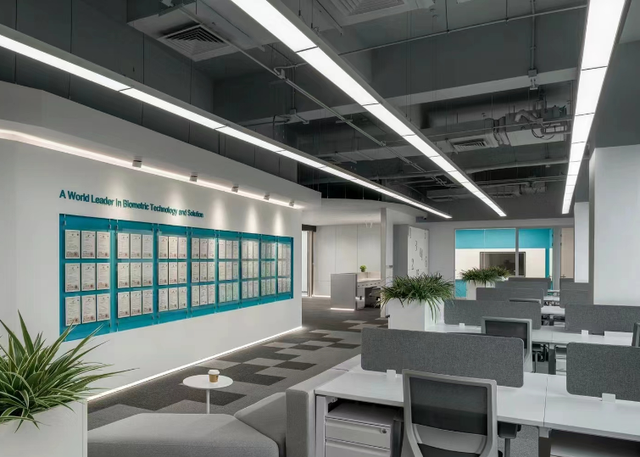

 1/3
1/3



 1/1
1/1





 1/3
1/3


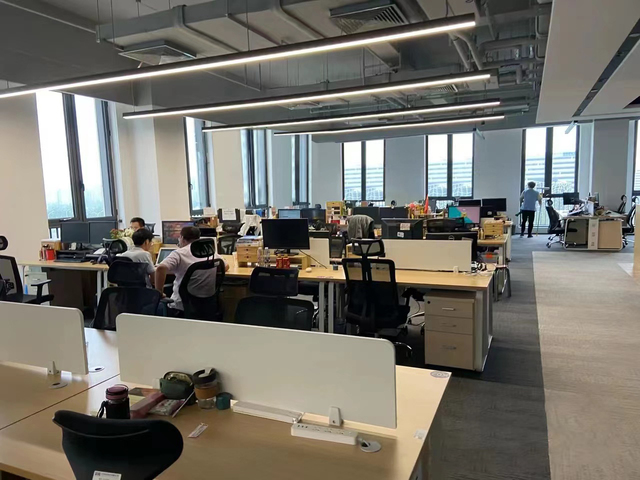

 1/3
1/3





 1/1
1/1


 0
0



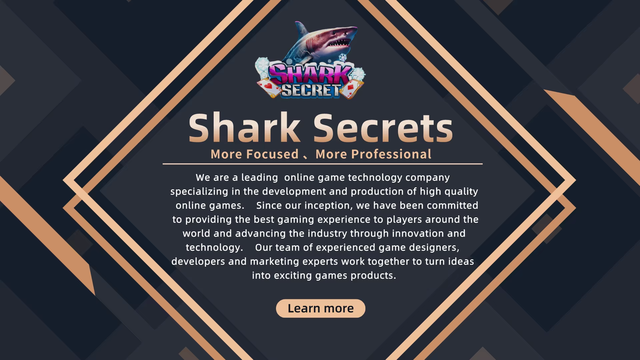

 1/3
1/3




 1/3
1/3








 0
0





 0
0



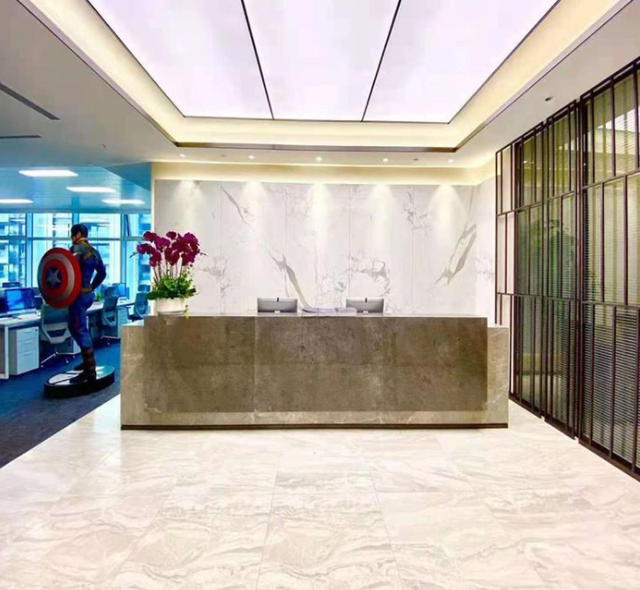

 1/2
1/2







 1/8
1/8




 1/2
1/2



 0
0


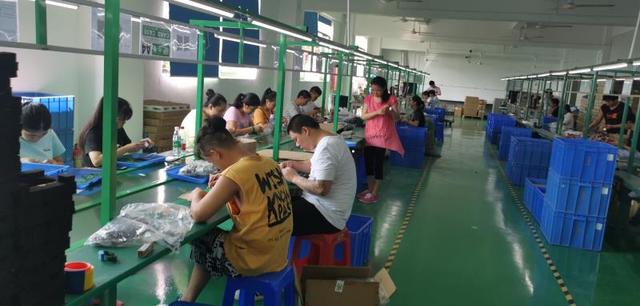

 1/3
1/3





 1/3
1/3





 1/1
1/1




 0
0
About java games
Where to Find Java Games Suppliers?
The global supply base for Java-based gaming solutions is concentrated in China, with key suppliers operating across Guangdong, Zhejiang, and Jiangsu provinces. These regions host specialized software development clusters and digital entertainment hubs that support rapid prototyping, scalable deployment, and cost-efficient production of mobile and PC-based Java games. Yiwu and Shenzhen serve as primary centers for game publishing and distribution, leveraging proximity to hardware manufacturers and telecom infrastructure to streamline integrated product offerings.
Suppliers in these zones benefit from mature ecosystems combining skilled technical labor pools, agile development frameworks, and established export channels. The co-location of game developers, QA testing teams, and cloud service providers enables compressed development cycles—typically 4–8 weeks for custom titles. Buyers gain access to vertically aligned services including UI/UX design, backend integration, localization, and anti-piracy protection, all within tightly coordinated networks. Key advantages include low minimum order quantities (as low as 1 unit), competitive pricing due to labor efficiency, and flexibility in licensing models ranging from one-time purchase to SaaS-style delivery.
How to Choose Java Games Suppliers?
Prioritize the following verification criteria when evaluating potential partners:
Technical Development Capability
Confirm expertise in core Java technologies (Java SE/ME, Android SDK) and cross-platform compatibility (J2ME, MIDP). Assess portfolio diversity—including casual games, educational apps, and enterprise training simulations—to gauge development maturity. Verify use of modern IDEs (e.g., IntelliJ, Eclipse) and version control systems (Git, SVN) as indicators of structured workflows.
Production & Delivery Performance
Evaluate operational metrics derived from transactional data:
- On-time delivery rate exceeding 95% indicates reliable fulfillment capacity
- Average response time ≤3 hours reflects strong customer engagement
- Reorder rates above 15% suggest client satisfaction and product reliability
Cross-reference online revenue benchmarks (e.g., US $60,000+ annual platform turnover) to assess market presence and scalability.
Quality Assurance & Transaction Security
Require documented testing protocols covering performance under low-memory conditions, device compatibility across legacy and modern handsets, and malware scanning. For bulk purchases or customized deployments, insist on third-party code audits and sandboxed trial environments. Utilize secure payment mechanisms tied to milestone verification, particularly for bespoke software projects without physical samples.
What Are the Best Java Games Suppliers?
| Company Name | Location | Main Products | Min. Order | Price Range (USD) | On-Time Delivery | Avg. Response | Reorder Rate | Online Revenue |
|---|---|---|---|---|---|---|---|---|
| Taizhou Le Yi Software Co., Ltd. | Zhejiang, CN | PC & Mobile Game Software | 1 piece | $999 – $1,000 | 100% | ≤9h | - | - |
| HK ZHENXI LIMITED | Hong Kong, CN | Mobile Games, Smartphone Accessories | 10 pieces | $8.90 – $12.40 | 95% | ≤2h | <15% | US $120,000+ |
| Yiwu Yixun Toy Firm (individual Business) | Zhejiang, CN | Board & Trading Card Games | 20 boxes | $59 – $214 | 100% | ≤3h | 43% | US $440,000+ |
| Hanxiao Network Technology (Shenzhen) Co., Ltd | Guangdong, CN | Fishing Machines, Game Software | 1 piece / 100 pcs | $0.06 – $399 | 100% | ≤2h | 18% | US $60,000+ |
| Guangzhou Haiyue Animation Technology Co., Ltd. | Guangdong, CN | Mobile Game Systems, App Development | 1 set | $99 – $300 | 100% | ≤1h | <15% | US $2,000+ |
Performance Analysis
Yiwu Yixun Toy Firm demonstrates strong customer retention with a 43% reorder rate and high revenue volume, indicating successful market penetration in niche card-based Java games. HK ZHENXI LIMITED and Hanxiao Network Technology offer broad price segmentation—from microtransactions at $0.06 per unit to premium packages at $399—catering to both mass-market distributors and boutique clients. Taizhou Le Yi Software targets enterprise-grade buyers with high-ticket, fully customizable PC game solutions priced at $999+, reflecting specialization in B2B emotional management and training software. Guangzhou Haiyue leads in responsiveness (≤1h average reply time), a critical factor for time-sensitive development coordination. All top-tier suppliers maintain 100% on-time delivery records, underscoring robust project management discipline despite variations in team size and business structure.
FAQs
How to verify Java games supplier reliability?
Validate technical capability through source code reviews, API documentation, and live demo access. Check transaction history for consistent delivery performance and analyze client feedback focused on post-sale support, update frequency, and bug resolution speed. Prefer suppliers offering escrow-backed transactions or milestone-based payments.
What is the typical lead time for Java game delivery?
Digital delivery occurs within 24–72 hours after payment confirmation for standard products. Custom development projects require 3–6 weeks depending on complexity, including testing and deployment phases. Localization or multi-platform adaptation may extend timelines by 7–10 days.
Can suppliers provide customized Java games?
Yes, most leading suppliers offer full customization—from branding and gameplay mechanics to database integration and admin panel configuration. Minimum viable product (MVP) prototypes are typically delivered within 10–14 days upon receipt of specifications.
Are free samples available for Java games?
While physical samples are not applicable, many suppliers provide free trial versions or demo accounts with limited functionality. Full-access demos may be offered contingent on signed NDAs or pre-qualification of purchase intent.
What are common MOQs and pricing models?
MOQs range from 1 unit (for high-value enterprise software) to 100+ units for budget mobile titles. Pricing follows tiered structures: flat license fees, per-unit costs, or subscription-based models. Volume discounts are commonly available beyond 500 units, with negotiated reductions of 10–25%.
